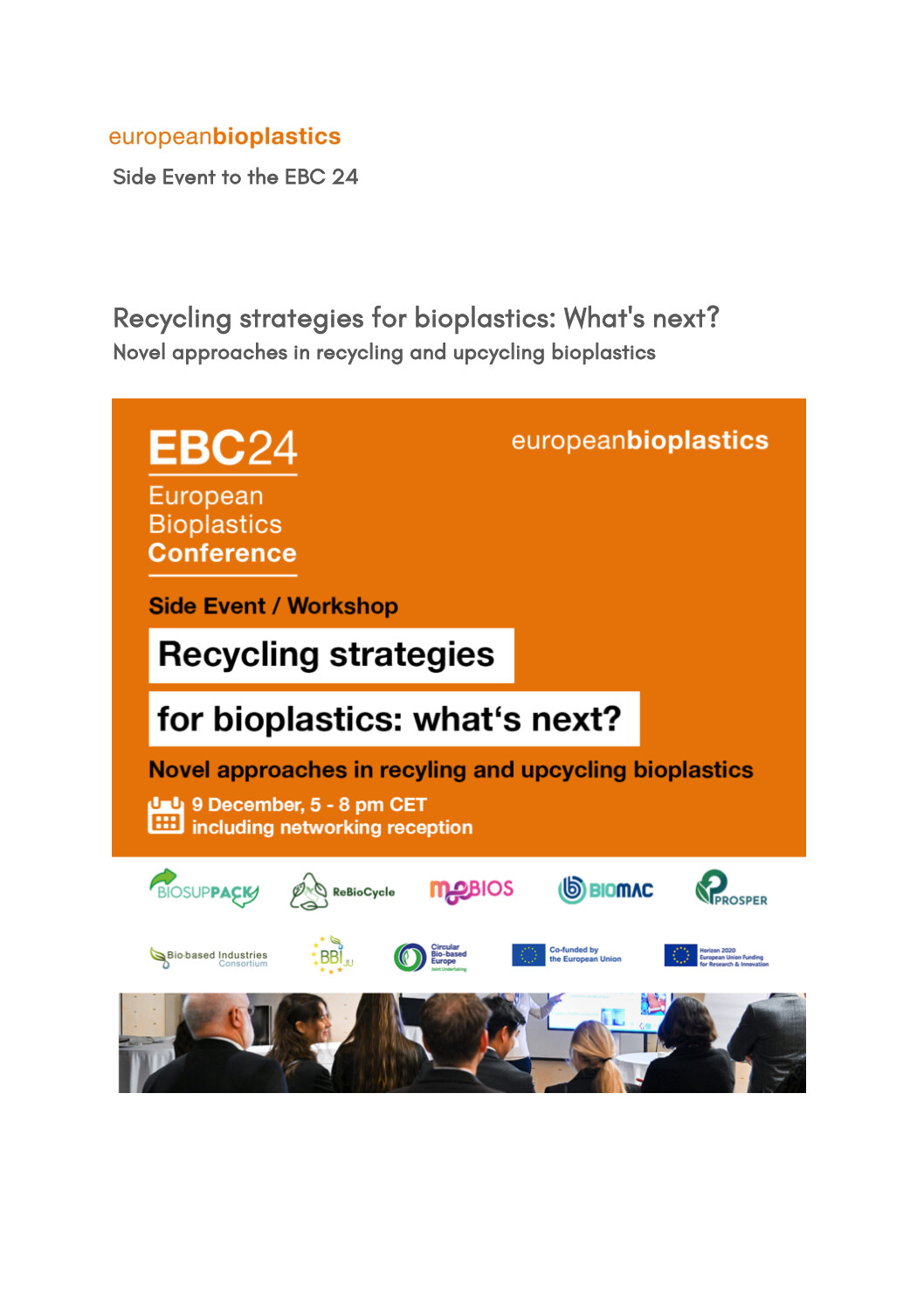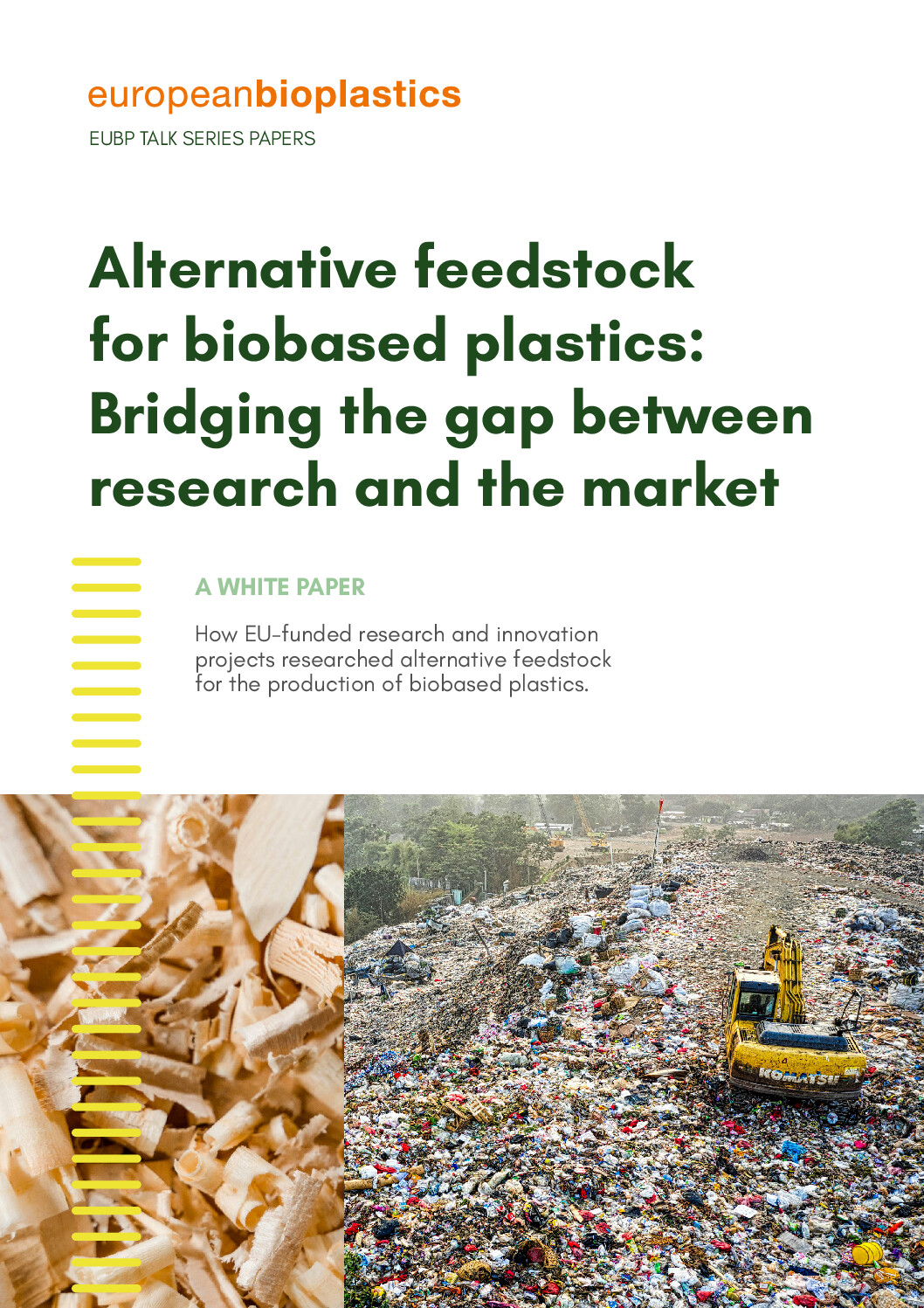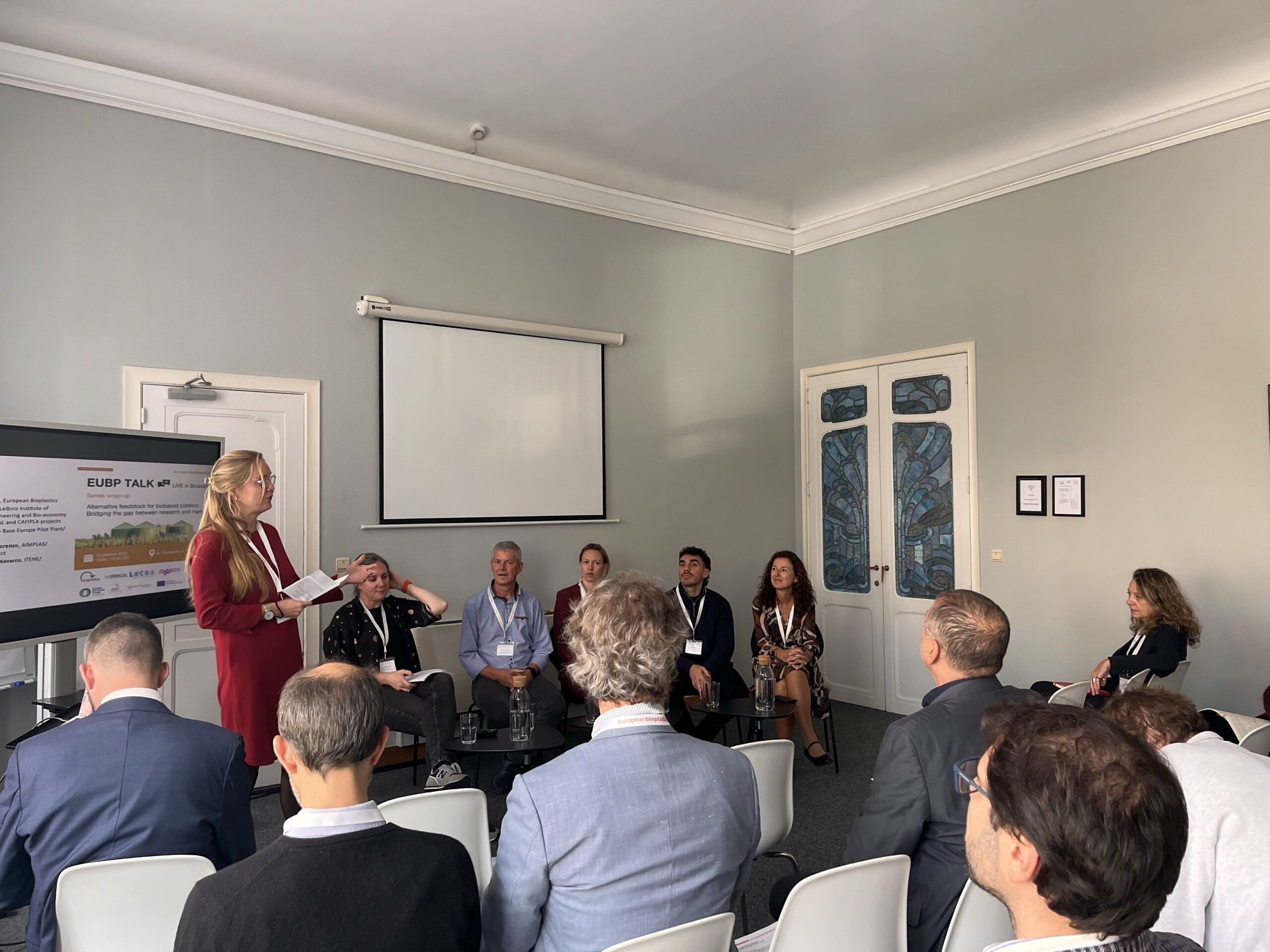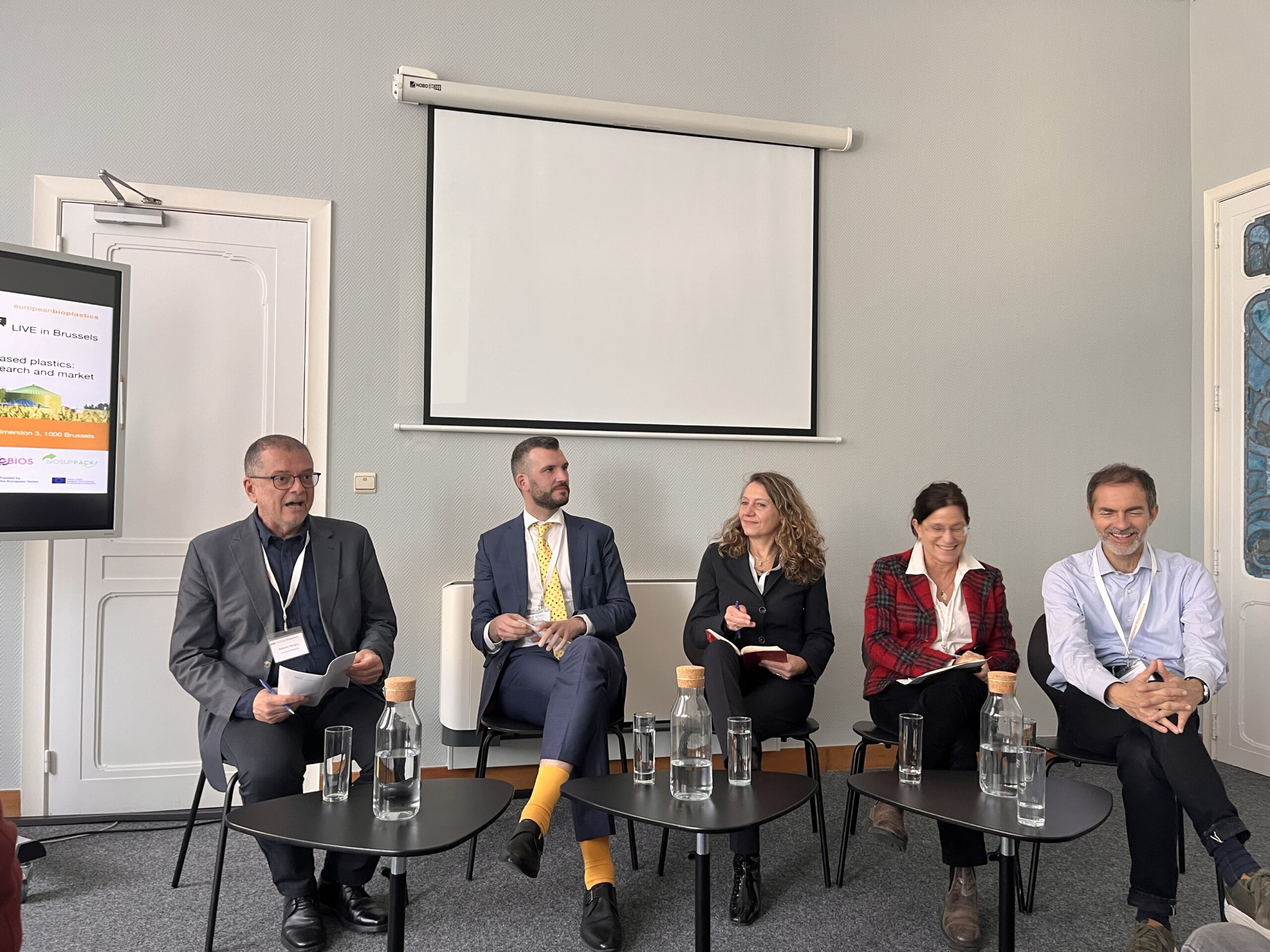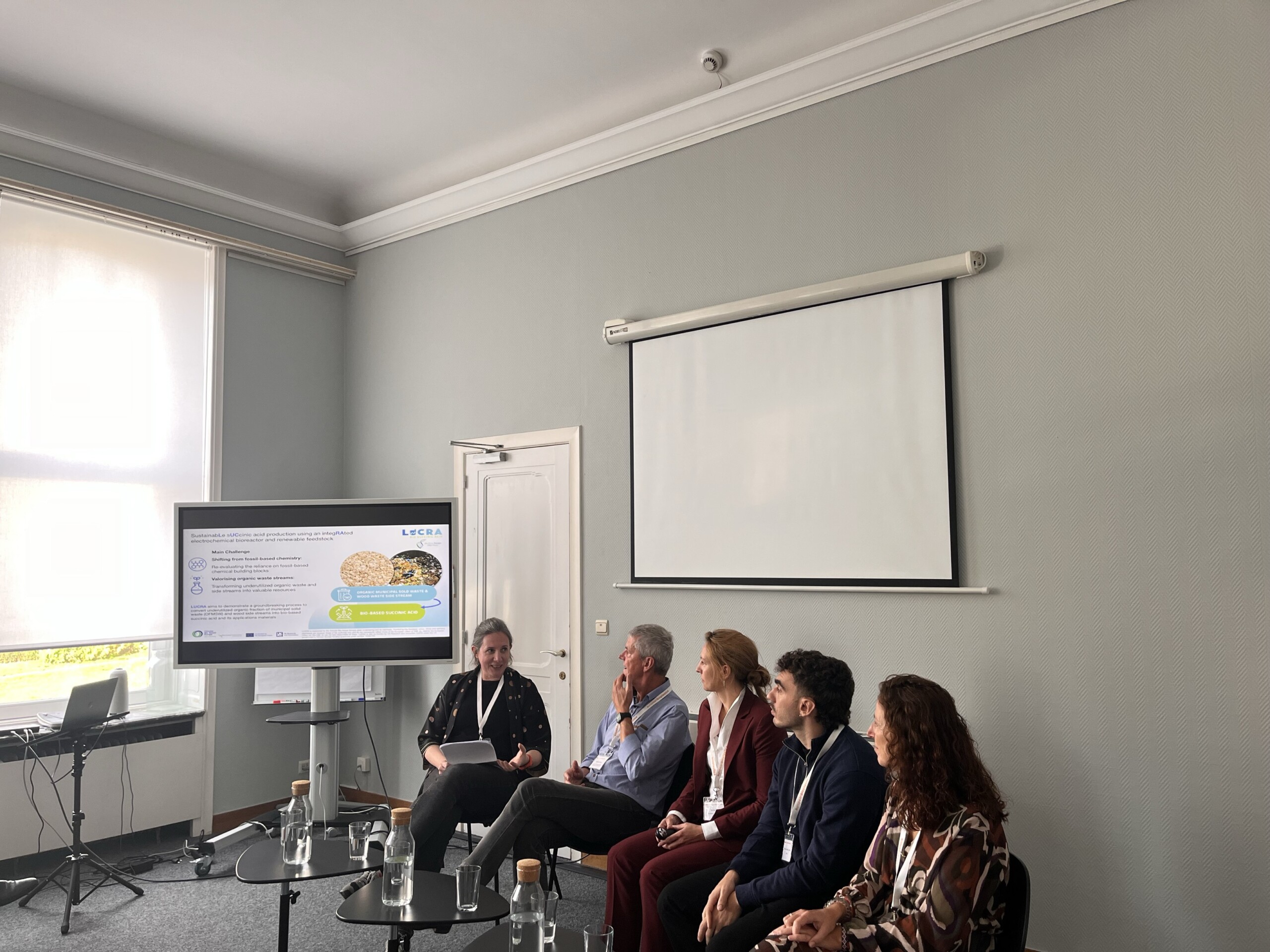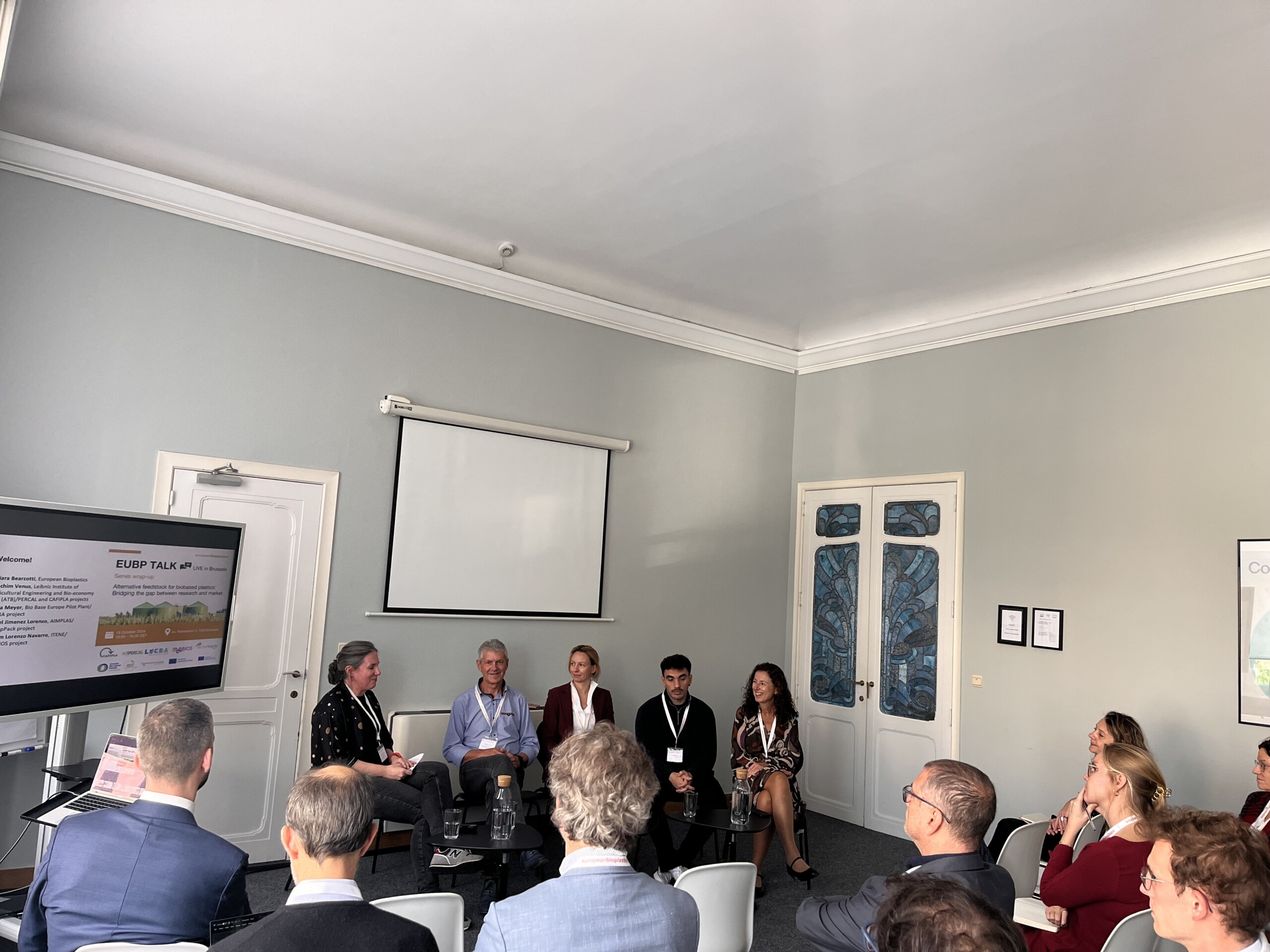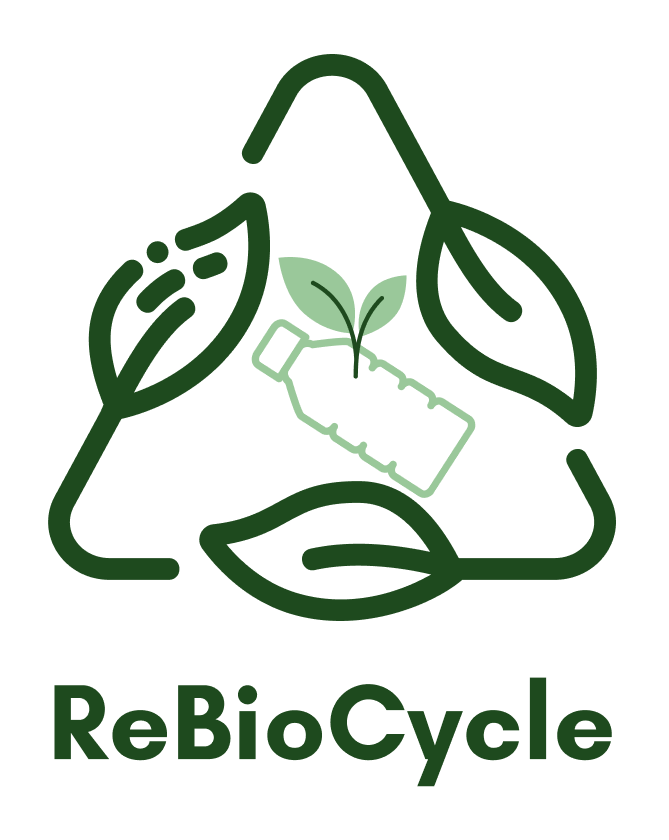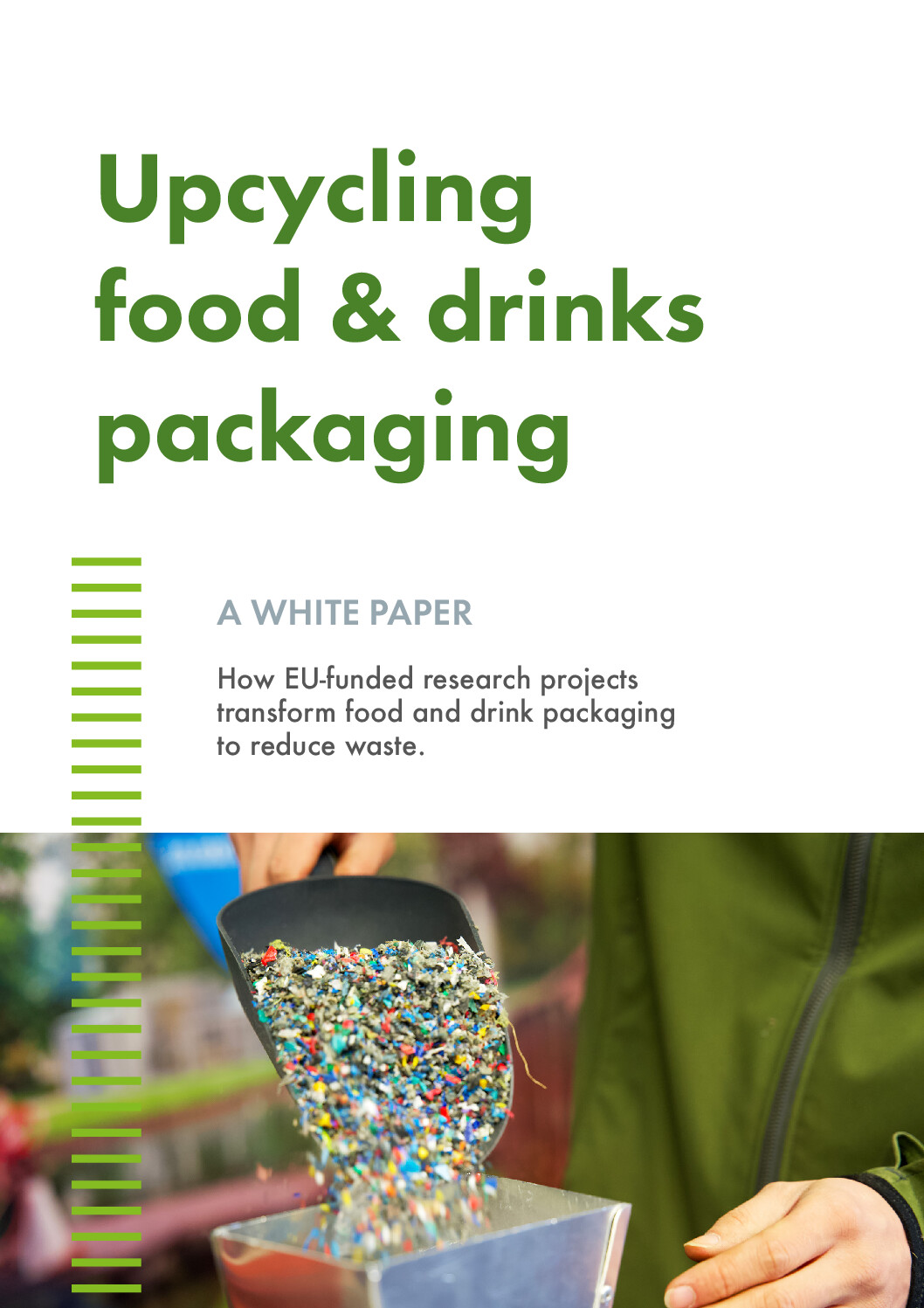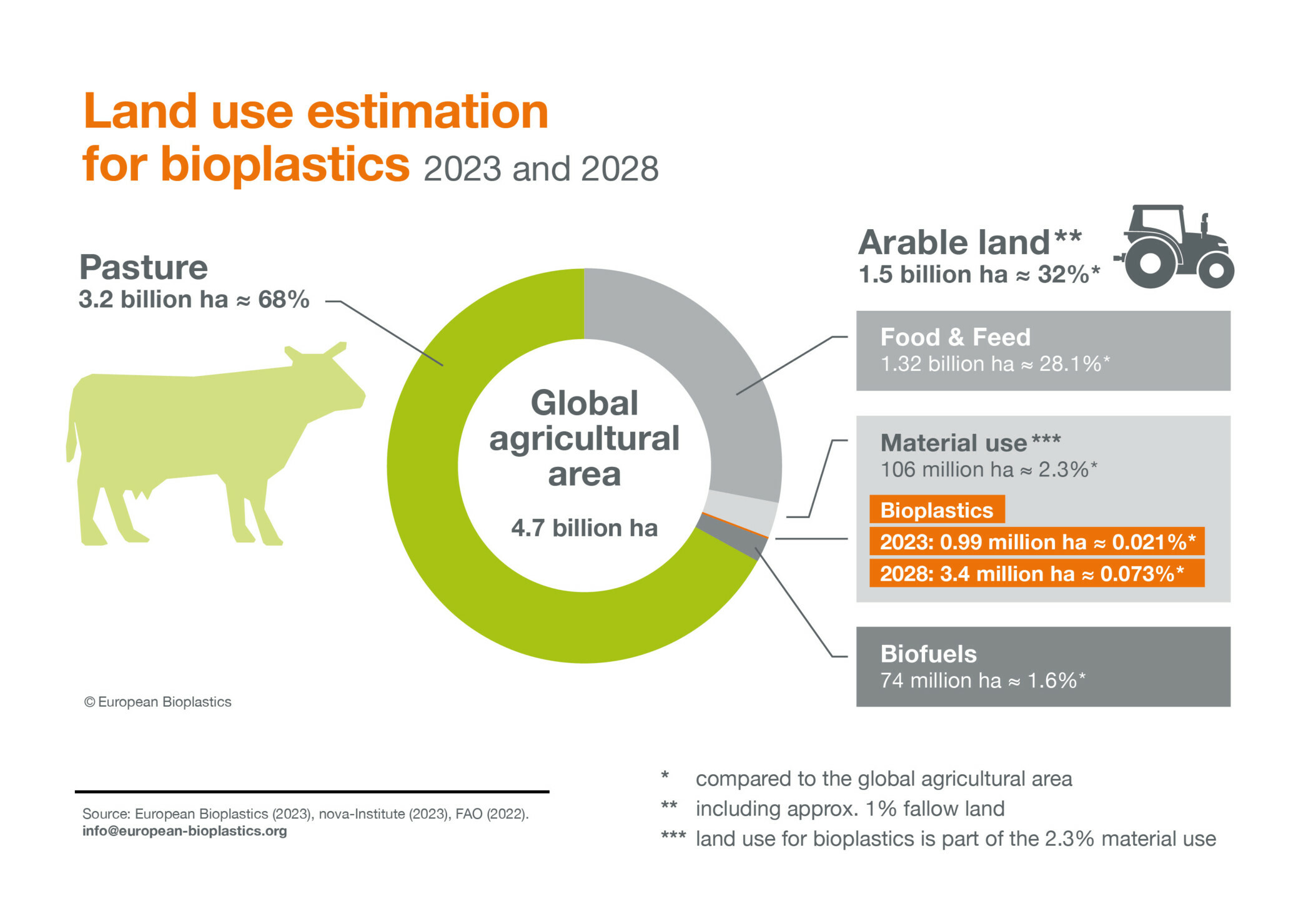Alternative feedstock for biobased plastics: Bridging the gap between research and the market (White Paper)
Open the document As the bioplastics market grows*, it is essential to address the issue of recycling biodegradable bioplastics and to study their most effective recycling pathways, to be able to manage bioplastic products at their end of life. Bioplastic waste does not yet constitute a relevant amount of the total plastic waste [...]
